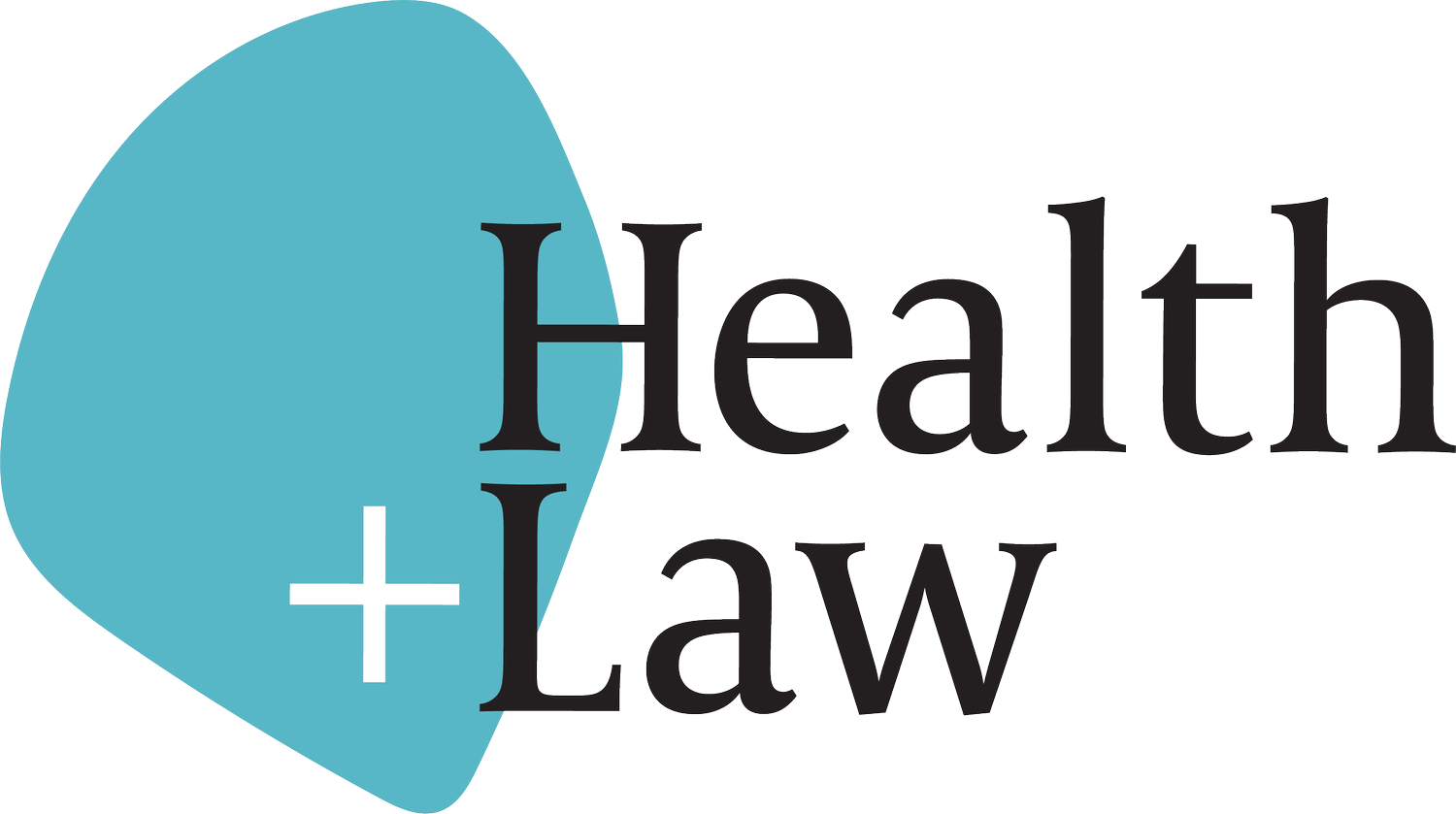People Living with HIV in Australia Report Staggering Burden of Legal Issues: Stark National Findings Shared at Australasian HIV&AIDS Conference
Health+Law research lead David Carter shares key LeNS findings at HIV&AIDS Conference
‘Legal issues are a near-universal experience for people living with HIV’, said Associate Professor David Carter to an audience meeting on Kaurna Country in Adelaide last week. A significant majority of participants in Health+Law national research reported at least one legal problem. The study suggests that rates of legal issues among people living with HIV may be more than double the rate experienced by members of the general population in Australia, based on recent legal needs research from Victoria.
The worryingly high prevalence of legal issues among people living with HIV was one of several stark findings from Health+Law’s national legal needs study, or ‘LeNS’. David shared a first look at LeNS findings with delegates at the Australasian HIV&AIDS conference, the annual meeting of researchers, clinicians, policymakers and community representatives working in Australia’s HIV response, hosted by Health+Law partner organisation ASHM Health.
LeNS findings also show that people living with HIV are often grappling with a highly complex legal burden. A majority of participants reported multiple different legal problems, with a sizeable proportion reporting up to ten or more issues within the study reference period – results that are, as David said, ‘quite staggering’ when again compared to the broader population of people not living with HIV, in which quite a small percentage of people experience such a high legal burden.
‘This is a highly complex legal burden’, said David, who is Health+Law’s research lead and the chief investigator of LeNS. People living with HIV in Australia, he explained,
are experiencing an intense ‘additive effect’, where each exposure to a legal problem or dispute makes a person more vulnerable to the next, creating a cascade of cumulative legal, financial and emotional strain that depletes the resources needed to address any single issue.
LeNS surveyed over 1000 people living with either HIV or hepatitis B across Australia, which included 629 participants living with HIV. Emerging findings from the study have also highlighted sobering revelations about the legal environment surrounding hepatitis B.
By focusing on the prevalence, character, type, frequency, impacts and response to legal experiences among people living with HIV, LeNS suggests that HIV activates differential legal treatment. HIV status itself appears frequently to be subject to unique legal dynamics above and beyond those that operate for other health conditions. This includes chronic health conditions, mental illness and disabilities that are known to increase people’s exposure to legal challenges. Findings from LeNS suggests that while HIV is a highly manageable health condition that has now been significantly normalised in Australian primary health care, the law continues to treat HIV as exceptional.
The specific areas of law where differential treatment on the basis of HIV status occurs most often are also worrying. These include issues in areas such as government and public services (e.g. problems with citizenship or residency status), discrimination (including on the basis of HIV status) and family relationships (including family and domestic violence). Many of these are ‘high stakes’ areas compared to the most commonly experienced legal problem areas among Australians more broadly. David’s presentation set out the legal problem types that study participants most frequently nominated as their ‘most severe’.
Traditionally, legal needs studies have also been interested in how people address and potentially resolve the legal issues in their lives, including through accessing information and legal services. This is known as ‘access to justice’. LeNS has shown that, among people living with HIV in Australia, access to justice appears to be poor. Less than half of the study’s participants said they were able to access the legal support, information or expertise they needed, and even less were confident they could achieve a fair outcome with their legal problems.
Such legal problems are not only social issues – they are health issues. Crucially, LeNS has shown that many of the legal issues experienced by people living with HIV impact their health, including access to HIV care. For example, a significant number of participants experienced exclusion from health services, issues or disputes with healthcare professionals, and injuries resulting from health care. Others experienced difficulties accessing, or interruptions to, HIV treatment. In these instances, legal issues become ‘health-harming’, and as international research has shown, they are associated with delayed diagnoses, interruptions to treatment access, and poorer clinical outcomes like lower CD4 counts and higher viral loads.
While there have been game-changing biomedical and systems advances in HIV public health in recent decades, including U=U and PrEP, the legal landscape appears to be lagging, continuing to expose people living with HIV to greater and more complex legal burdens than other members of the community. The emerging picture painted by these findings shows that the law in Australia is operating as ‘a critical, independent factor’ that differentially targets people living with HIV – and that, for many within this population, it is undermining their health and wellbeing.
David’s paper, ‘The legal needs and experiences of people living with HIV in Australia: Select findings from Australia’s first national study of the legal needs of people with blood-borne viruses’ draws on findings developed by Health+Law team members from UNSW, UTS and QUT, including Ika Wulansari, James Brown, Anthea Vogl, Dion Kagan, Rhys Evans and Hamish Robertson. More detail about these and other important findings from LeNS will be available soon across two comprehensive national reports. To receive these, sign up for our newsletter. Thank you to ASHM Health and the organisers of the Australasian HIV&AIDS conference for including our work at the conference.


